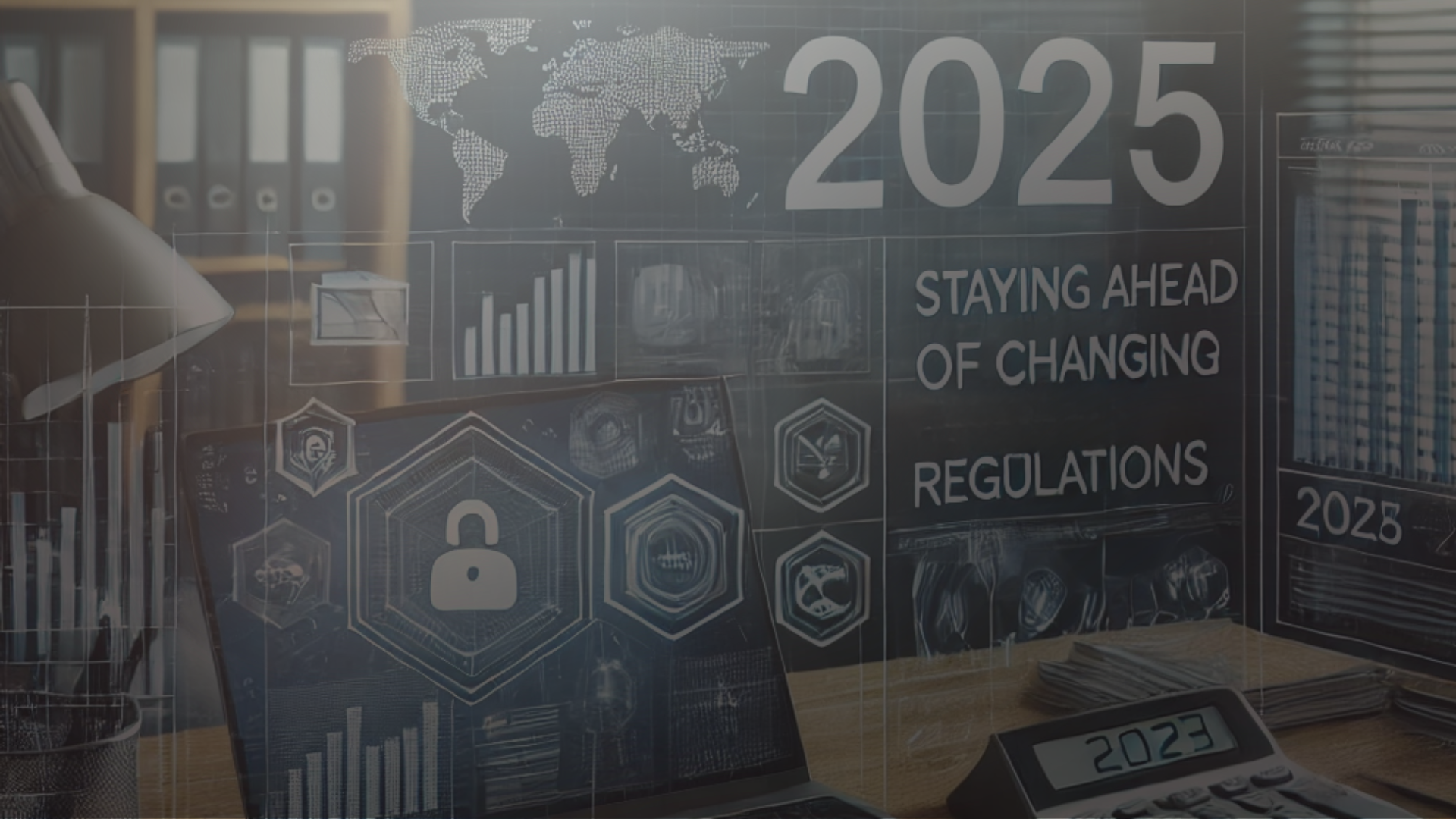Hiring the right employees is essential for any business, but failing to conduct proper background checks can expose companies to significant risks. Without screening potential hires, businesses may face financial losses, legal troubles, and workplace safety concerns. A structured background check process ensures organizations make informed hiring decisions while protecting their workforce and reputation.
The Financial, Legal, and Security Risks of Skipping Background Checks
1. Increased Liability and Legal Issues
Negligent hiring lawsuits can arise when an employer fails to properly vet a candidate and that individual causes harm in the workplace. Courts have ruled against companies that did not conduct due diligence in their hiring practices, resulting in millions of dollars in damages.
Employers may be held liable for employee misconduct, workplace violence, or theft.
Violating Fair Credit Reporting Act (FCRA) guidelines can lead to lawsuits and penalties.
Ignoring Ban-the-Box and EEOC compliance laws can result in discrimination claims.
2. Workplace Safety Concerns
Hiring an individual without verifying their background could put employees and customers at risk. A candidate with a history of violence, fraud, or substance abuse could compromise workplace safety.
Background checks help prevent workplace violence and harassment incidents.
Failing to vet employees in sensitive industries, like healthcare or education, could put vulnerable populations at risk.
Companies in finance or data security could suffer breaches due to unverified hires with a history of fraud.
3. Reputational Damage and Loss of Trust
A single hiring mistake can lead to negative press coverage, social media backlash, and loss of business partnerships.
Hiring someone with a criminal history of fraud can erode customer confidence.
Workplace scandals involving unvetted employees can lead to public relations disasters.
A damaged reputation can make it harder to attract top talent in the future.
How Companies Have Suffered from Fraudulent Hires
Case Study: Retail Chain Faces Multi-Million Dollar Theft Due to Lack of Screening
A national retail company hired a store manager without a background check. The employee later embezzled over $500,000 from the company before being caught. A simple financial background check would have revealed a history of fraud and financial misconduct, preventing the costly mistake.
Case Study: Security Breach in a Financial Firm
A financial institution hired an IT specialist without screening for prior cybersecurity offenses. The employee later exploited system vulnerabilities, leading to a data breach affecting thousands of customers. The company faced regulatory fines and a loss of trust from its clients.
How a Structured Background Check Process Mitigates Hiring Risks
1. Criminal Background Checks
A thorough background check reveals criminal history, violent offenses, or fraud-related crimes. Employers must comply with EEOC guidelines when considering past convictions in hiring decisions.
2. Employment and Education Verification
Many job applicants provide false employment history or fake degrees on their resumes. Verifying employment and education credentials ensures businesses hire qualified and honest candidates.
3. Drug Screening and Substance Abuse Testing
For positions requiring safety-sensitive responsibilities, drug testing ensures employees are fit for the job. This is critical in industries like transportation, healthcare, and manufacturing.
4. Credit and Financial History Checks
For roles involving financial transactions or access to sensitive data, credit background checks can reveal potential fraud risks. Industries such as banking, insurance, and investment firms rely on these screenings.
5. Reference Checks and Social Media Screening
Speaking with former employers and colleagues provides insight into a candidate’s work ethic, behavior, and reliability. Additionally, reviewing a candidate’s public social media presence can identify red flags related to professional conduct.
How Businesses Can Implement an Effective Background Screening Policy
1. Establish a Clear Screening Policy
Define which roles require background checks and the type of screenings needed.
Ensure policies align with industry regulations and legal requirements.
Document a consistent process to avoid discrimination claims.
2. Work with a Trusted Background Check Provider
Partner with a compliant screening company to ensure accurate and FCRA-approved reports.
Use a provider that offers customized solutions for different industries.
3. Ensure Transparency with Candidates
Clearly communicate why background checks are required in the hiring process.
Provide applicants with the opportunity to address or dispute findings.
Maintain fair and non-discriminatory hiring practices.
Take the Next Step Toward Risk-Free Hiring
Failing to conduct background checks can expose businesses to fraud, legal liability, and workplace safety risks. A structured and legally compliant screening process helps companies make informed hiring decisions while protecting their reputation and employees.
At KENTECH Consulting, Inc., we provide comprehensive, industry-specific background screening solutions tailored to your hiring needs.
Schedule a free consultation today to learn how our advanced screening solutions can help safeguard your business from hiring risks.






















